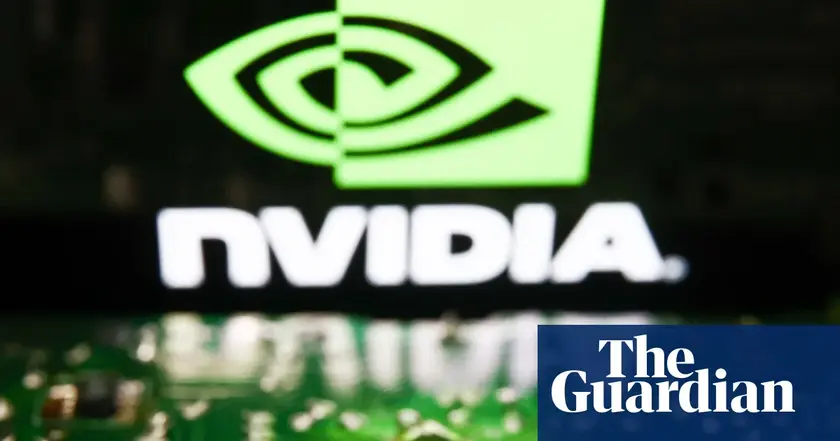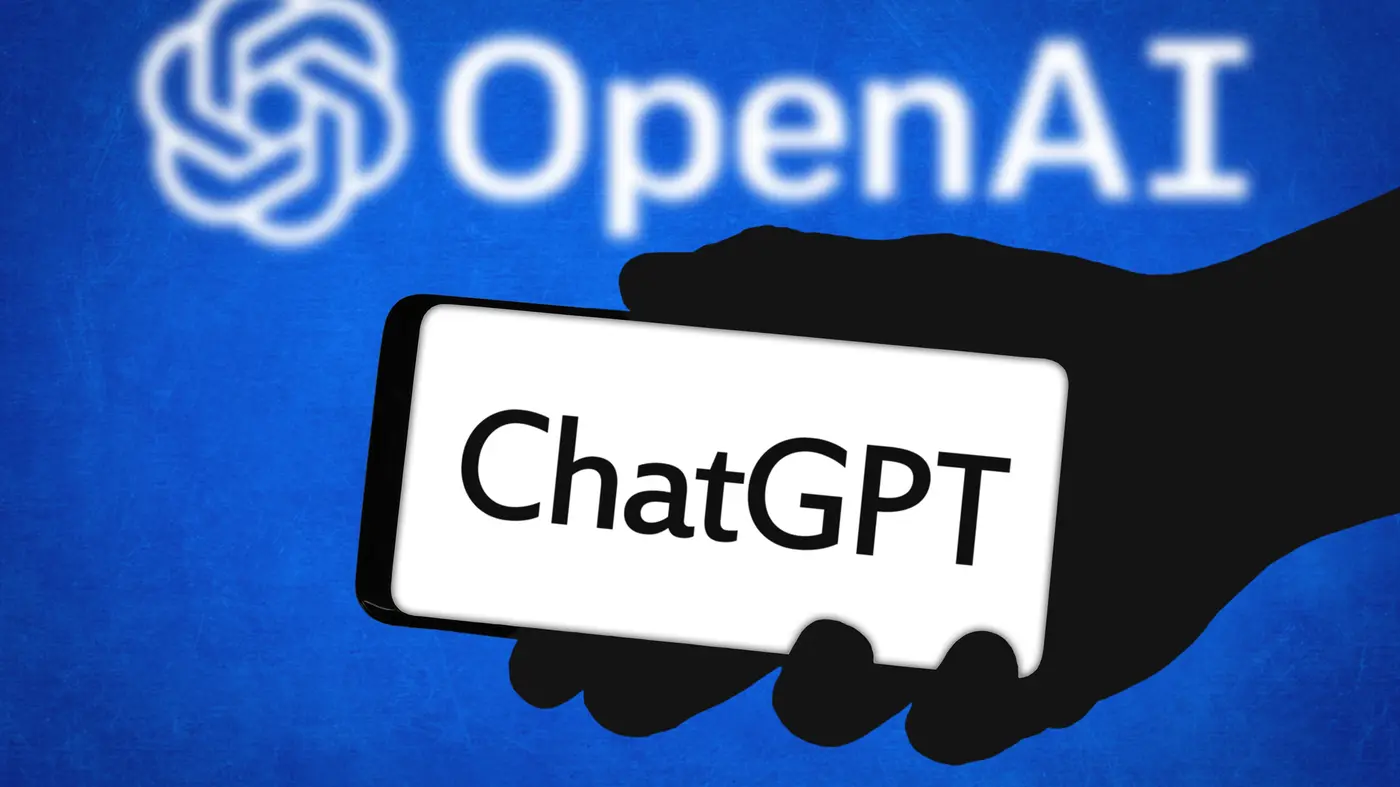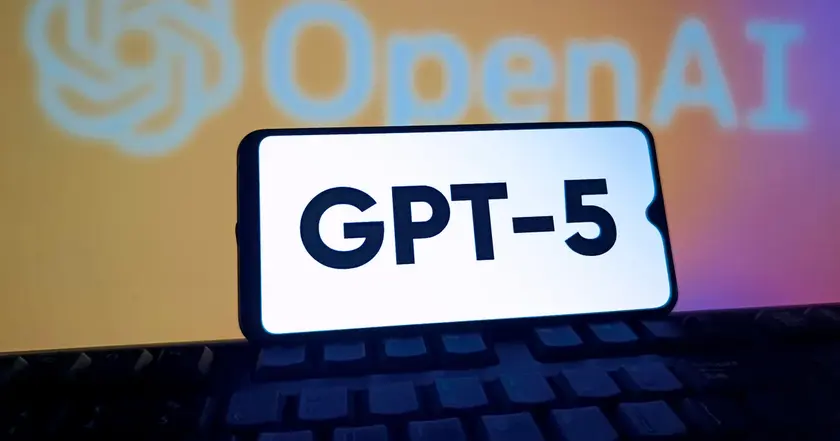T4K3.news
Meta limits access to advanced AI models
Zuckerberg announces Meta's new direction for superintelligence, prioritizing safety over open sourcing.

Meta is shifting its approach to access advanced AI, suggesting restrictions on superintelligence models.
Zuckerberg signals Meta will limit access to advanced AI models
In a recent letter, Meta CEO Mark Zuckerberg outlined a new direction for the company's AI initiatives, particularly in the area of superintelligence. Zuckerberg expressed the belief that the advantages of superintelligence should benefit the world broadly, yet he stressed the importance of safety in managing these innovations. "We’ll need to be rigorous about mitigating these risks and careful about what we choose to open source," he noted. This statement reflects a strategic shift indicating that Meta may not open source all its AI models in the future. Historically, Meta has positioned its Llama models as a key competitive advantage against firms like OpenAI and Google DeepMind. However, in light of competitive pressures, there are signs that Meta is prioritizing a closed model approach, especially after substantial investments in AI technology and talent. Recently, reports emerged that Meta has halted testing on its upcoming Llama model to concentrate on a closed version, which could enhance their commercial interests while maintaining control over cutting-edge technology.
Key Takeaways
"We believe the benefits of superintelligence should be shared with the world as broadly as possible."
Zuckerberg outlines the intent behind Meta's AI development approach.
"We’ll need to be rigorous about mitigating these risks and careful about what we choose to open source."
Zuckerberg addresses safety concerns related to superintelligence.
"When it comes to the most advanced models, we may not be open sourcing everything."
Indicates a potential shift in Meta's open source policies regarding AI.
"Personal devices like glasses that understand our context will become our primary computing devices."
Highlights Zuckerberg's vision for future AI integration with everyday tech.
Zuckerberg's pivot highlights a critical tension in the tech industry: the balance between open innovation and proprietary control. As AI models grow in sophistication, companies face increased pressure to protect their advancements from competitors while navigating ethical concerns about technology's societal impacts. Meta's focus on commercializing AI through its products, like augmented reality devices, suggests a desire to integrate these systems more deeply into everyday life. This approach might provide Meta with greater market leverage, yet it raises questions about the accessibility of AI advancements and the ethical implications of a potentially 'walled garden' ecosystem.
Highlights
- Meta might be redefining open source as we know it.
- Personal superintelligence may come at a cost of access.
- Safety concerns could reshape the AI landscape forever.
- A closed model approach could change how we interact with AI.
Concerns about the shift towards closed AI models
Meta's decision to potentially limit open access to superintelligence raises significant ethical and market implications. The company's ability to control AI technologies could impact competition and user access.
As Meta navigates the complexities of AI development, the implications for users and the industry remain profound.
Enjoyed this? Let your friends know!
Related News

Tariff era reshapes chip deals and AI plans

OpenAI launches upgraded ChatGPT model

Meta releases new Oakley smart glasses with improved features

Top AI firms warn about loss of monitoring ability

Google reveals AI advancements at I/O 2025

Amazon stock drops 8.3% after disappointing earnings

GPT-5 expected launch raises high expectations

OpenAI releases ChatGPT-5
